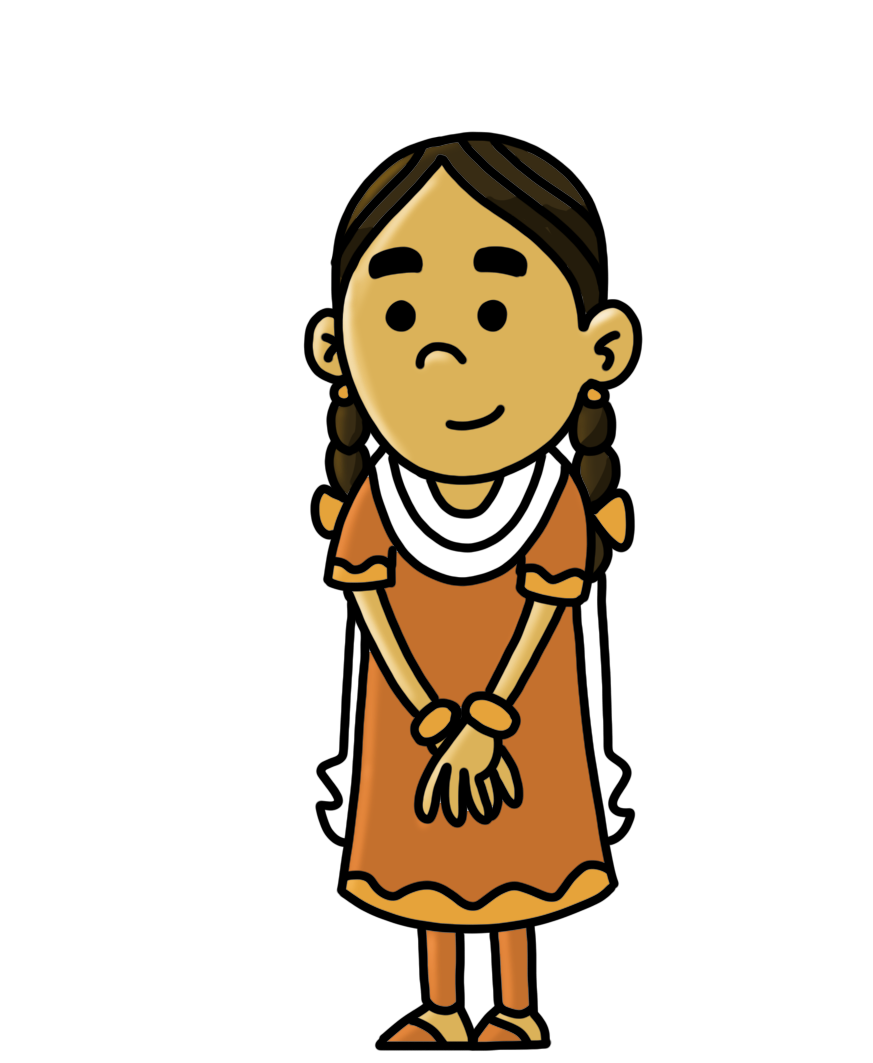- Free and Compulsory Education
- Admission Process into Schools
- Different Categories of Schools
- Denial of Admission into Schools
- Curriculum and Evaluation Procedures in Schools
- Detention Policy
- Responsibilities of Schools
- Complaining/ Grievances Regarding Child’s Education
- Free Meals for Children in Schools (Mid-day Meal Scheme)
- Qualifications of Teachers
- Education for Children Belonging to Disadvantaged Groups
FAQs
My child is in a school and is getting education free of cost, but I need to transfer to another city. Will my child get free education in that city? What procedure should I follow?
If a school is derecognised by the Government, what happens to the children studying in that school, under the law on Free and Compulsory Education?
Is it compulsory for parents to send their children to school?
How is the Child’s age determined for admissions in schools under right to education law?
Can my child get free pre-elementary education?
The government shut the school my child was studying in. What can I do?
Will private schools get any money from the government for giving free education to 25% of the children?
Is pre-school education or education before first standard compulsory for children?
What are religious schools and does the law on right to education of children, apply to such schools?
What is the school management committee?
Can school teachers provide private tuitions?
Do I legally have to admit my child in a school?
